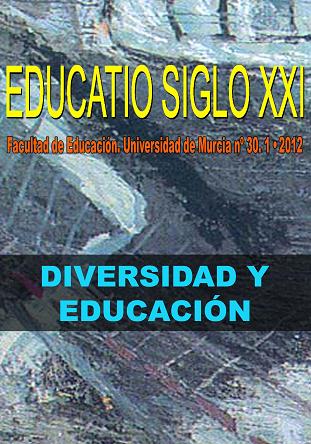Inclusive classrooms and cooperative learning
Abstract
Inclusive education and cooperative learning are two different approaches which are nevertheless closely related: the inclusive classroom needs tasks structured cooperatively and, conversely, transmitting cooperative values and ideas demands the classroom to be inclusive. The transition from either individualistic and/or competitive tasks to cooperative structures is a key element when trying to deal with all the students in a single, common classroom. As a result of the PAC project –carried out by the Universitat de Vic’s Grup d’Investigació sobre Atenció a la Diversitat (Research Team on School Diversity), we offer teachers of all stages a set of tools that encourage students to learn as a team. The PAC project also includes a programme for the training and coaching of teachers so that cooperative learning can be introduced in the classroom. A significant number of schools from different parts of Spain are currently undergoing this programme and are gathering data which, once analysed, may serve to confirm the hypothesis of our research project: the transition from an individualistic or competitive structure to a cooperative structure in the inclusive classroom ultimately causes all the students to learn and progress together, regardless of their educational needs or ethnic backgrounds.Downloads
Original work publishes in this journal is subject to the following terms:
1. Murcia University Press (the publishing house) holds the copyright of the publishes work, and favours and allows their reutilization under the use license stated in point 2.
© Servicio de Publicaciones, Universidad de Murcia, 2015
2. Work is published in the electronic edition under a license (Creative Commons Reconocimiento-NoComercial-SinObraDerivada 4.0 España (legal text). They can be copied, used, disseminated, transmitted and publicly presented, as long as: i) authorship and original publication source is acknowledged (journal, publishing house and URL of the work); ii) are not used for commercial purposes; iii) the existence and specifications of this use license is stated.
3. Conditions for self-archive. Authors are allowed and encouraged to disseminate electronically the pre-pint (before review) and/or post-print (accepted for publication) versions of their work before their publication since that favours earlier circulation and dissemination resulting in an increased chance for the authors to be cited and for the work to reach a bigger share of the academic community. Colour: RoMEO: green.








